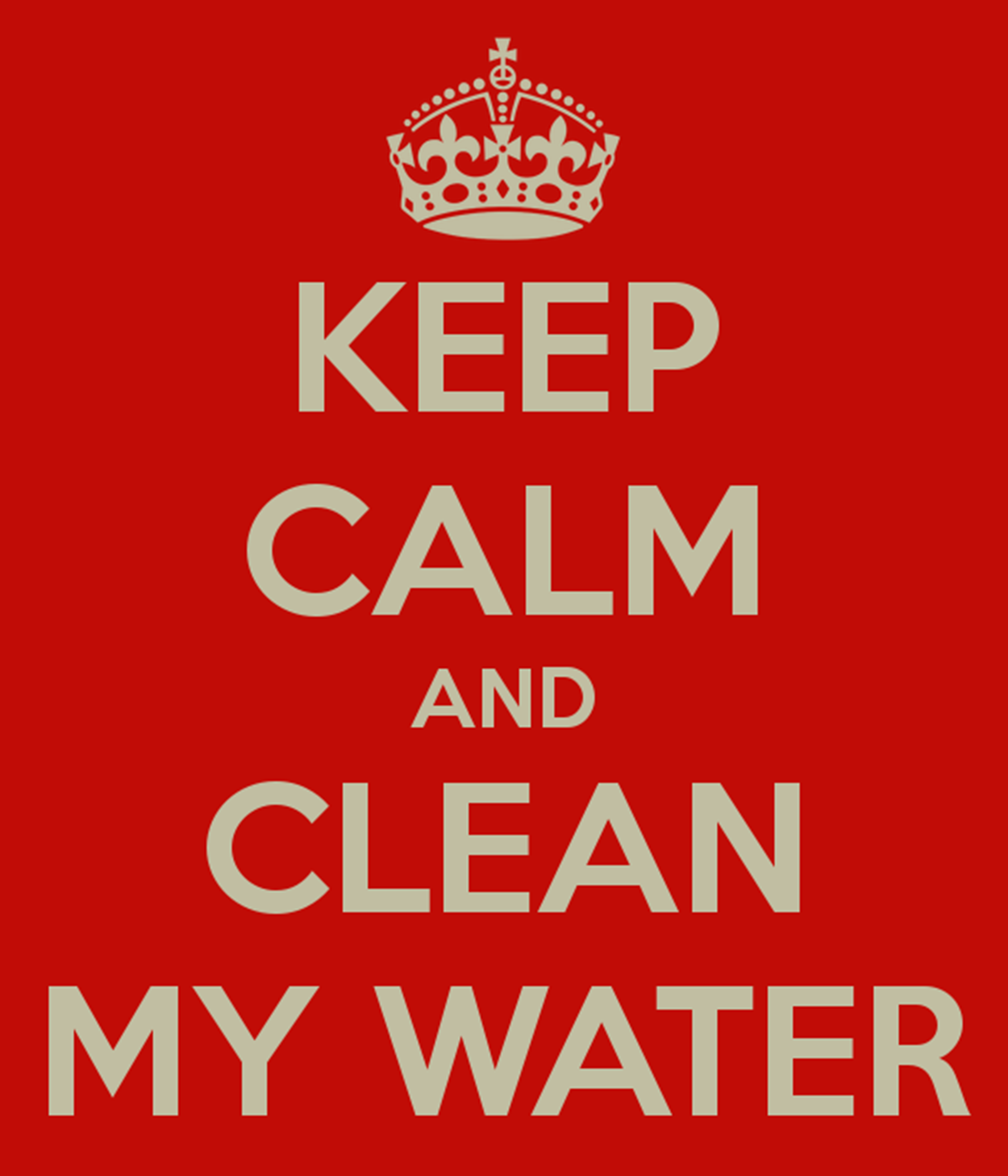In addition to the indignities and frustrations endured during the response to the COVID-19 Pandemic thus far, our family spent a week living without our Enhanced Home Softening and Filtration System while waiting for our new 2021 version to be installed (our plumber had a presumptive positive COVID diagnosis and was quarantined). I know, this is most definitely a “1st-world problem”, but WOW, I forgot how much I truly dislike living with hard water…
Hard Water is Naturally a Hassle
As nature’s universal solvent, water interacts directly with everything, and leaving a permanent signature on everything it touches. On its journey from the clouds to your faucet, soft rainwater dissolves metals and minerals. Over time Calcium and Magnesium Carbonates concentrate in the water to form what we call hard water. To me, the term “hard” correlates directly to how difficult it is to create a sudsy lather. The minerals in hard water bind to the oils in soap to create soap scum (AKA soap curd). Soap scum is just the beginning of your hard water nightmare though; hard water is:
Hard on personal hygiene
Every time you stand under a hard water shower, you are coating yourself in dissolved inorganic minerals that interact with soap and other oils. These interactions contribute to the classic dry, itchy skin syndrome so commonly associated with hard water in many areas. Some people even report that skin conditions like dandruff, eczema and psoriasis are much worse when they are forced to bath in hard water.
Hard on dishes
Washing dishes in hard water invariably results in spotting, streaks, and mineral deposits that cling stubbornly to your dinnerware and cloud your glasses. We spend countless thousands of dollars a year with chemical rinse aids to address this very noticeable symptom of the hard water epidemic, even though as much as 70 percent more detergent will be used in vain. Hard water minerals even attach themselves to the heating element in the appliance, reducing efficiency and inevitably resulting in unsatisfactory performance, premature failure, and costly repairs.
Hard on laundry
Have you ever noticed the sloshing sound that your washing machine makes when you move it around? That is what is left from the last time you ran a load of laundry. Soap scum, fabric lint, detergent residue, and other contaminants (like fecal matter, body oils and other secretions) coagulate in the water left behind in that washing machine drum. Clothes will inevitably develop an objectionable odor when left damp in the washing machine. Laundering clothing in hard water means that it is more difficult to remove stains, even when using twice as much cleaning agent. Soap scum also causes white shirts to gray, and colors to fade while mercilessly grinding against the clothing fibers due to the abrasive mineral adhesions that bind to natural and synthetic fabrics.
Hard on appliances, faucets, and fixtures
Every water-using appliance is affected by hard water: coffee makers, tea kettles, clothes irons, humidifiers, toilets, steam showers, steam ovens, and everything in between. Hard mineral scale will grind against seals and faucet cartridges, stick to high-temperature surfaces, and adhere to things that it should not. Faucet finishes wear off, water heaters will fail, and everything else requires more frequent maintenance and energy to perform as intended. In fact, many water heater manufacturers (especially those with high efficiency “tankless” models) are refusing to honor their product warranties unless the water quality meets their standards. Shower heads in hard water areas can lose as much as 75 percent of their maximum flow rate in less than 18 months, unless frequently cleaned with acidic solvents.
Hard on the wallet
Of all the thieves you will ever encounter in this world, hard water is probably the sneakiest. While not only stealing your time with hundreds of hours of needless cleaning and scrubbing, but hard water also steals hard-earned money from your wallet every single month as it wastes energy, destroys clothing, wastes cleaning agents, and forces you into a rapidly spiraling appliance repair and replacement schedule.
Hard on the environment
Living in a civilized society means that we use many products and consumables that make life more comfortable. When coexisting with hard water, we will use more soap, more packaging, require more transportation, necessitate more repair/service intervention, and generally impose a significantly larger carbon footprint than necessary. For example, your carbon footprint increases 18 percent for gas storage tank water heaters when operated on 26 gpg hard water for 15 years as compared to the same operation on softened water.
Conclusion
As an industry, we have affordable solutions for almost every water quality problem and every consumer preference. We have legitimate softening technologies like as high efficiency ion exchange, membrane separations and electrodeionization to physically remove hardness from water. We also have other non-softening technologies like Template Assisted Crystallization, various Phosphate formulations, and other devices that are also only suitable for scale control but can indeed make people’s lives easier when properly applied.
Hard water has no place in modern civilized society and should be banished like so many other pests and problems that we have had to overcome.
We can take the Hassle out of Hard Water by selecting and installing an appropriate water treatment technology.
